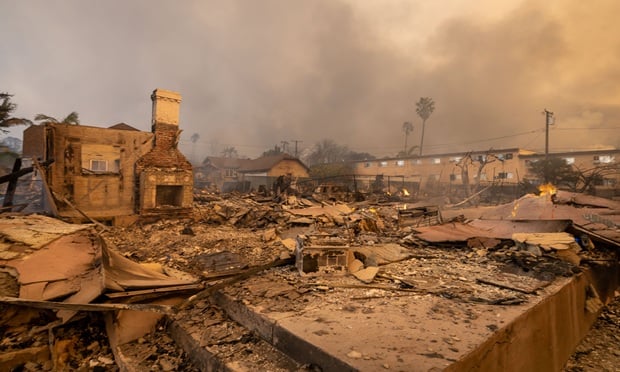A federal appellate court has upheld authority of risk retention groups to provide commercial liability insurance, except workers compensation, without being licensed in every state.
The decision sustains a July 2011 ruling by a Nevada district court that the Nevada Division of Insurance overstepped its bounds when it barred the Alliance of Nonprofits for Insurance Risk Retention Group (RRG) from automobile liability insurance policies for its non-profit association members.
Robert H. “Skip” Myers, Jr., counsel for the National Risk Retention Association in Washington, D.C., says the decision should clarify that an RRG operating under the Liability Risk Retention Act “can operate in any state just as if it were licensed.”
However, the decision reverses a portion of the lower court ruling mandating that Nevada pay the legal fees the alliance incurred by challenging the Nevada insurance agency's decision.
The unanimous decision of a three-judge panel was handed down April 8.
The appeals court panel decision holds that the authority to pre-empt state law outside of the domiciliary state authorized by the National Risk Retention Act did not “unambiguously confer a right to be free from state law” under the U.S. Constitution.
The issue of the ability of RRGs not to be licensed in all states outside of the domiciliary state was raised by state regulators as recently as several weeks ago at an industry conference in Washington, D.C.
Lawyers for the state of California argued the case in addition to lawyers for the state of Nevada, and the states of Vermont and Washington submitted documents in support.
“The Liability Risk Retention Act broadly preempts 'any state law, rule, regulation or order to the extent such law, rule, or order would … make unlawful, or regulate, directly or indirectly, the operation of a risk retention group,” Judge Norman Randy Smith, writing for the appellate court, says.
Joseph Deems, Executive Director of the National Risk Retention Association, hailed the decision as “a victory for risk retention groups.”
Deems adds, “As in other cases where states have attempted to impose requirements on RRGs that violate federal law exempting them from most regulation outside their home State, the 9th Circuit issued an unqualified opinion upholding the preemption provisions of the Liability Risk Retention Act of 1986,” Deems said.
While the NRAA is disappointed with the court's decision to deny attorneys' fees, they have been granted in other cases.
“The inability to recover attorneys' fees is no deterrent to larger companies and associations like NRRA,” says Deems, who adds that the association will this ruling to “resist unlawful overregulation by the states.”
Want to continue reading?
Become a Free PropertyCasualty360 Digital Reader
Your access to unlimited PropertyCasualty360 content isn’t changing.
Once you are an ALM digital member, you’ll receive:
- Breaking insurance news and analysis, on-site and via our newsletters and custom alerts
- Weekly Insurance Speak podcast featuring exclusive interviews with industry leaders
- Educational webcasts, white papers, and ebooks from industry thought leaders
- Critical converage of the employee benefits and financial advisory markets on our other ALM sites, BenefitsPRO and ThinkAdvisor
Already have an account? Sign In Now
© 2025 ALM Global, LLC, All Rights Reserved. Request academic re-use from www.copyright.com. All other uses, submit a request to [email protected]. For more information visit Asset & Logo Licensing.








